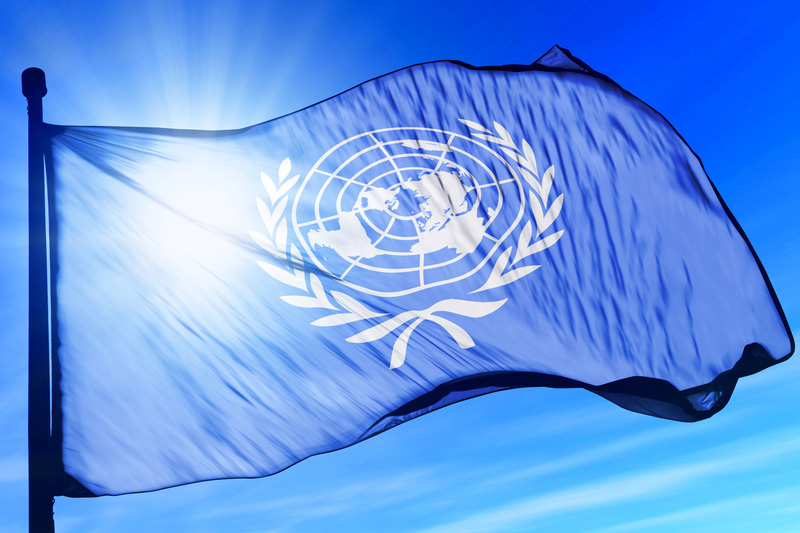By Tom Miles
GENEVA, Sept 28 (Reuters) - The U.N. Human Rights Council voted on Friday to prolong an inquiry into human rights in Yemen against objections from Saudi Arabia and the United Arab Emirates, leaders of a coalition widely criticised by right groups for killings of civilians.
How far to investigate atrocities in the war in Yemen has become an annual diplomatic wrangle, with the Netherlands repeatedly pushing for a probe into the war, and Saudi Arabia arguing against the toughest international scrutiny.
Last year the two sides compromised by setting up a group of experts to investigate, but the experts' report last month infuriated Riyadh by blaming the Saudi-led coalition fighting against the Iran-aligned Houthi group for the bulk of civilian casualties. motion on Friday passed by 21 votes to eight.
British Ambassador Julian Braithwaite said it was important to give the expert group more time to investigate, and it was clear there were many incidents that had not yet been fully documented, "particularly those of the Houthis".
Yemeni Human Rights Minister Mohammed Askar had urged the states on the 47-member Council to vote against the resolution and back an alternative plan to give Yemen technical assistance.
"This draft resolution is not in favour of Yemen because it encourages war... and it responds to the will of certain countries to politicise the situation in Yemen," Askar said.
"We believe it is a resolution that creates more pressure on a country that is already suffering."
Saudi Ambassador Abdulaziz Alwasil said he was very disheartened by the resolution, while Emirati Ambassador Obaid Salem Saeed al-Zaabi said everything had been done to try to agree a joint text that served the people of Yemen.
"If the draft resolution… is adopted as it is, it will do more harm than good for Yemen," al-Zaabi said, adding that it would deepen divisions in Yemen and regional instability.
The coalition, which includes other Sunni Muslim states, has conducted thousands of air strikes targeting Houthi fighters and has often hit civilian areas, although it denies ever doing so intentionally.
Mexico's ambassador Socorro Flores Liera said the expert group should investigate food aid being blocked and called on all states to refrain from supplying weapons to the warring sides.
Human rights activists welcomed the vote.
"States at the U.N. Human Rights Council stood firm today in the face of shameful efforts by the Saudi-led coalition to quash a U.N. expert inquiry on Yemen," said John Fisher, Geneva director at Human Rights Watch.
Nobody knows how many have died in the war. The United Nations stopped trying to keep track more than two years ago, at which point hospitals had counted more than 10,000 deaths.
The war has ruined Yemen's already weak economy, put 8.4 million people on the brink of famine, and created a huge cholera epidemic. The United Nations says it is the worst humanitarian crisis in the world today.
